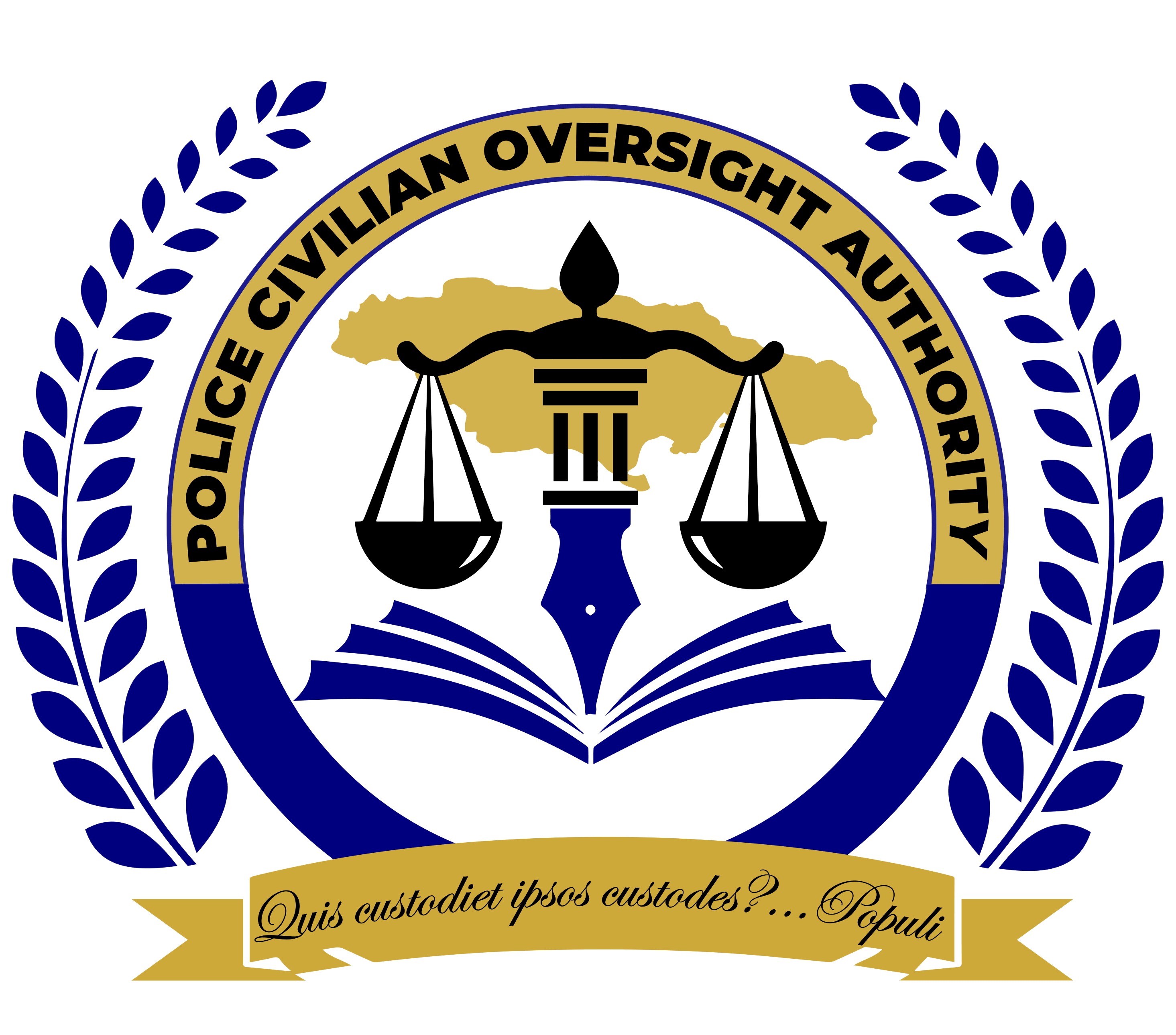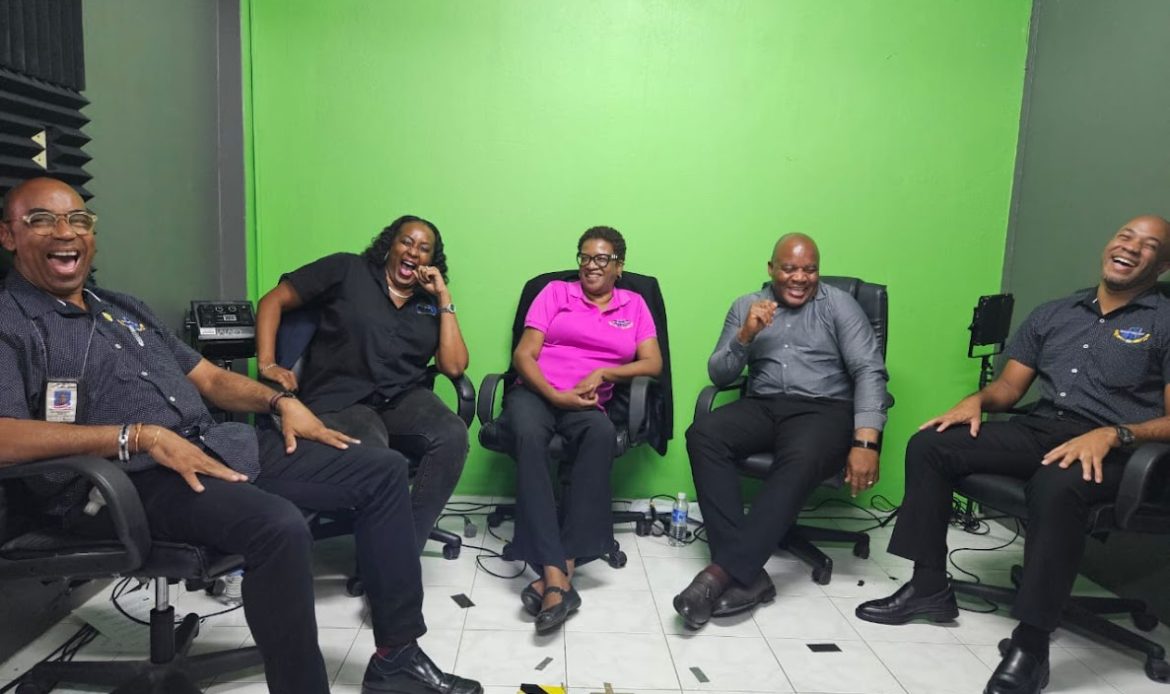The Jamaica Constabulary Force (JIS) is reminding citizens of their rights when arrested by one of its members.
Speaking on the Police Civilian Oversight Authority’s (PCOA) Pon Di Corna Podcast recently, Assistant Commissioner of Police (ACP) Desmond Brooks of the Inspectorate and Professional Standards Oversight Bureau (IPSOB) explained the process of arrest and the rights of individuals in custody.
“The Police powers of arrest are essentially contained in a myriad of legislation. In fact, the main one is the Constabulary Force Act, which gives the police powers to arrest on view, on information of a third person, or when the police suspect the person is about to commit an offence. All the various legislation empower the Police to make an arrest when the aspect of the Act and legislation is breached,” he said.
Once arrested, individuals must be informed of the reason, said ACP Brooks, emphasising the importance of distinguishing between an arrest and a formal charge.
“Once the Police has arrested you, that’s different from charging you. You’re supposed to be told why you are being arrested. When you are formally being charged you are supposed to be told of the offence and then you’re supposed to be cautioned, which you call reading your rights, because the Constitution makes provision for you not to self-incriminate,” ACP Brooks explained.
He further indicated that individuals must be told that anything they say will be taken down in writing and may be used as evidence against them.
Rights also extend to making contact with loved ones and legal counsel.
“You’re entitled to a phone call. And also, to contact your lawyer and to inform someone that you are arrested, a relative or a friend, whoever you wish to call. Those are some of your rights,” he indicated.
Detainees will also be searched, and items such as belts, shoes, phones, and money will be taken into safekeeping. The belts and shoelaces are specifically taken to ensure they are not used to self-harm or harm meted out to cell mates.
ACP Brooks assured the public that these items are considered property and are accounted for properly.
“Your money is properly labelled. We even write down the serial number of the money, the currency, because it is your property. You should get back the same money, your two $500, your $1,000. Everything that is classified as property is taken away from you and placed for safekeeping,” he said.
ACP Brooks also advised members of the public on how best to conduct themselves during an arrest.
“Comply, comply, comply and cooperate with the police. You may have a right, which you can pursue later, so comply and then complain. You must not resist because if you’re being charged for one offence and then you resist arrest, you now have two charges,” he said.
For those wishing to review the JCF’s Public Interaction Policy, ACP Brooks said requests may be submitted to the Force.
While some operational details may be redacted, members of the public can be provided with copies through the appropriate process by writing to the Police.
The original article can be found here.

